Valerian 100 capsules for spasms, colic, and stomach neurosis
55,99 zł
- Processing: Orders ship within 48 hours.
- Delivery: Germany: 1 day via DHL Express, 3 days via standard DHL.
EU delivery: 1-2 days via DHL Express, 3-4 days via standard DHL. - Shipping Costs: Calculated at checkout.
- Tracking: You'll receive a tracking number once your order ships.
- Return Window: 30 days from delivery for refunds or exchanges.
- Eligibility: Items must be unused and in original packaging.
- Process: Contact us to initiate a return. Refunds processed within 5-7 days after receiving the return.
- Exclusions: Perishables and personalized items cannot be returned.
Description
Contents : 100 gelatin capsules
- Directions for use: 1 capsule once a day. Swallow the capsule and drink plenty of water after a meal. If the supplement is taken during the day, it is recommended to consume it during a meal. If taken in the evening, one hour before bedtime, do not exceed the dose.
- Storage conditions: Store in a dry, dark place out of reach of children.
- NOTES: Do not exceed the recommended daily dose. Not for use by pregnant or lactating women or children under 7 years of age.
- The product cannot be used as a substitute for a properly varied diet.
Valerian – use and indications
Valerian is a component of many medications, dietary supplements and cosmetics. It is one of the basic ingredients responsible for the sleep-inducing and calming effect and is found in many mixtures available in the form of tablets, capsules, syrups, tinctures and drops. Valerian is also available in preparations supporting digestion and the work of the circulatory system, primarily for its calming effect. Valerian is increasingly used in cosmetics to relieve seborrhea and dandruff problems. Valerian root extract is also used in warming gels due to its high content of volatile oils.
Valerian root is mainly used as a sedative for the central nervous system. The indication for using the medicine is to alleviate states of moderate nervous tension, sleep disorders, excessive emotional and motor arousal, vegetative neuroses, anxiety states, and difficulties in falling asleep. In addition, it has a spasmolytic effect, thanks to which it has a relaxing effect on the smooth muscles of the biliary, urinary, digestive tracts, and peripheral blood vessels. Due to its antispasmodic effect, the preparation can be used for menstrual pain. On the other hand, its sedative properties are useful in premenstrual syndrome.
In the household, valerian is planted with vegetables because it increases the amount of phosphorus. In the kitchen, it is sometimes added to soups and stews.
Valerian – action, properties, composition
Valerian contains numerous active substances that determine its therapeutic effects. It mainly contains iridoid triesters, i.e. valepotrates. The volatile oil mainly contains a mixture of compounds – mono- and sesquiterpenes – of which 12 are monoterpenes and 17 are sesquiterpenes. These are: α- and β-pinene, bornyl acetate and isovalerate, camphene, elemol, valerenal, valeranone, valerenic acid, acetoxyvalerenic acid, and hydroxyvalerenic acid. The total content of volatile oil found in the plant is approximately from 0.1% to 2.0% depending on the variety. Valepotrates are compounds such as: valtrate, dihydrovaltrate and 1-acetovaltrate. The total content of these compounds in the valerian root is about 0.5%, while in the rhizomes it is 0.9%. Interestingly, the amount of biologically active substances increases in the autumn, but it has no real effect on the oil content. Additionally, iridoid compounds are unstable and quickly decompose at temperatures above 35°C. Therefore, the most optimal conditions for obtaining biologically active substances from the raw material are the drying process in a drying room at a temperature that does not exceed 35°C, as well as the collection of the lower parts of the plant in the autumn. Other compounds present in the raw material are flavonoids, amino acids, pyridine alkaloids and phenolic acids.
The biologically active ingredients contained in the pharmaceutical raw material of valerian exhibit a wide range of pharmacological properties. The most important include sedative, sleep-inducing, carminative and antispasmodic effects on smooth muscles. The mechanism of action of the active substances contained in valerian root on the central nervous system is not fully understood. In addition, the plant exhibits an effect that increases the production of gastric juice and stimulates saliva secretion. Studies show that the components of valerian may have anticonvulsant and antidepressant properties.
Valerian – interactions with drugs and herbs
Concomitant use of preparations containing valerian root and drugs that have a sedative effect may intensify the effect of the parent preparation, and thus increase sedation. Such drugs include, among others: benzodiazepines, barbiturates and others that have CNS depressant properties, i.e. morphine, phenobarbital and propofol. The use of some dietary supplements containing, among others, melatonin, St. John’s wort, and kava together with valerian root may increase the sedative effect.
Special caution should be exercised when using alprazolam and active substances derived from valerian simultaneously, because valerian accelerates the breakdown of alprazolam by the liver, resulting in an increased risk of undesirable side effects.
Patients taking medications that are metabolized by cytochrome CYP3A4 should consult their doctor about whether they can use sedative therapy with valerian due to the accelerated decomposition of some medications by the ingredients contained in this raw material.
Alcohol should not be combined with valerian root due to the increased drowsiness.
Valerian – side effects, overdose
Side effects of valerian root preparations include mild gastrointestinal symptoms, including nausea and abdominal cramps. Side effects also include itching, excessive sleepiness, mental dullness, pain, and dizziness.
Studies show that taking about 20 grams (about 4 capsules) of valerian can lead to mild overdose symptoms that should subside within 24 hours of taking such a large dose. Adverse effects of overdose include: feeling tired, dilated pupils, hand tremors, occurrence of painful cramps in the epigastrium and chest tightness.






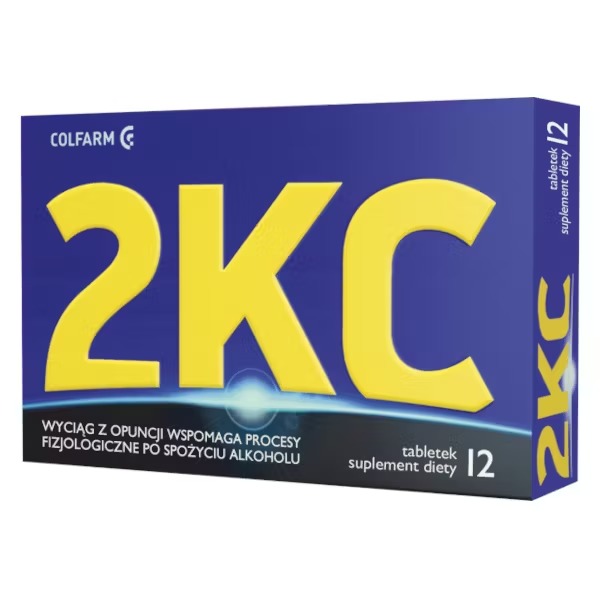
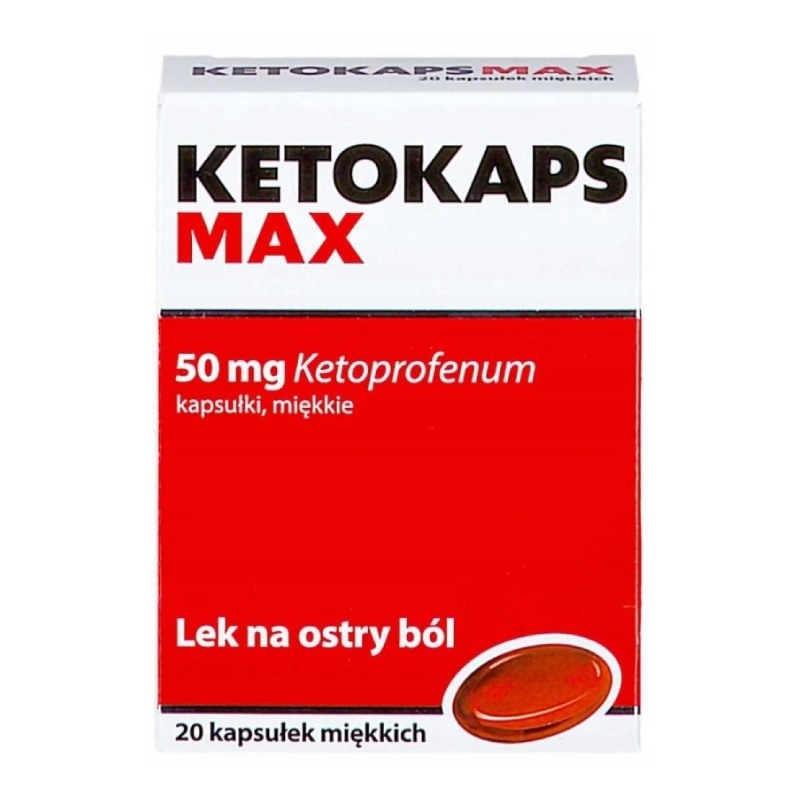
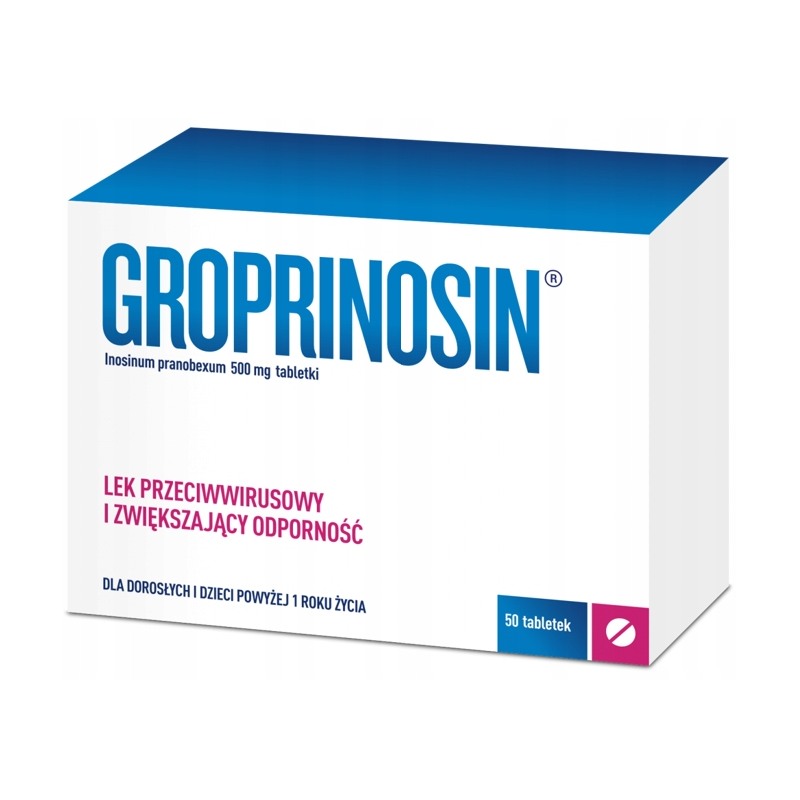
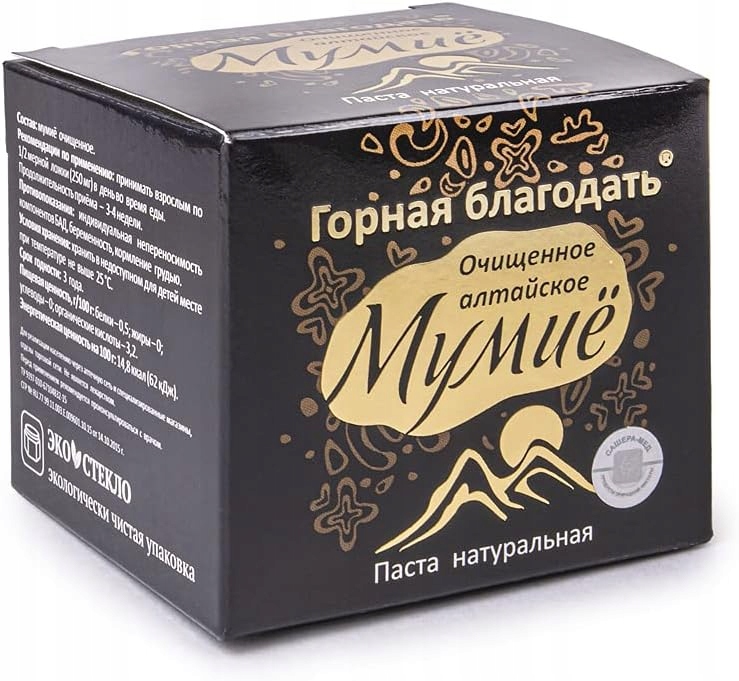
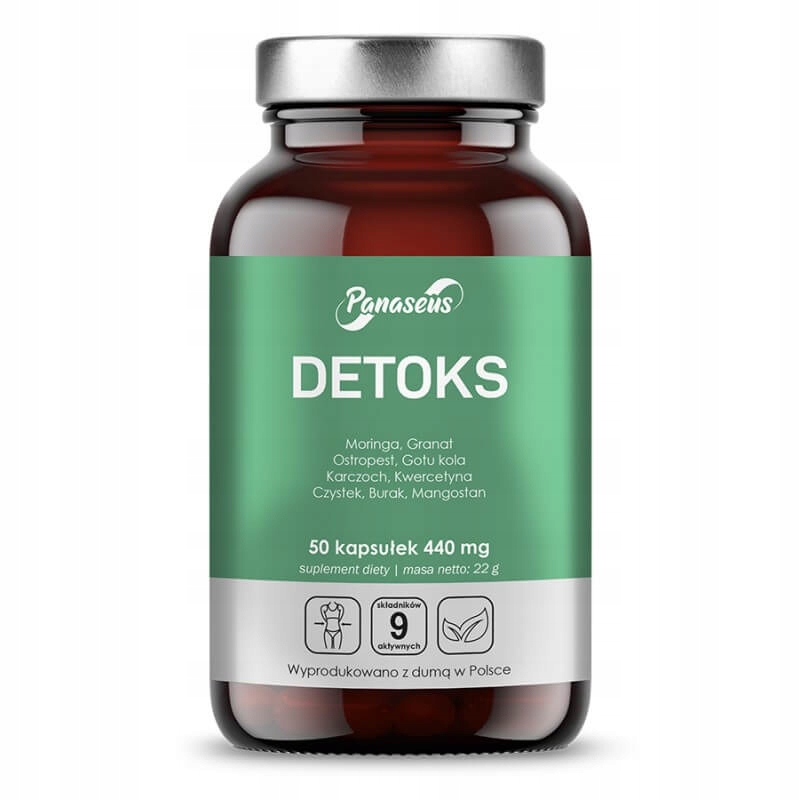



























Reviews
Clear filtersThere are no reviews yet.